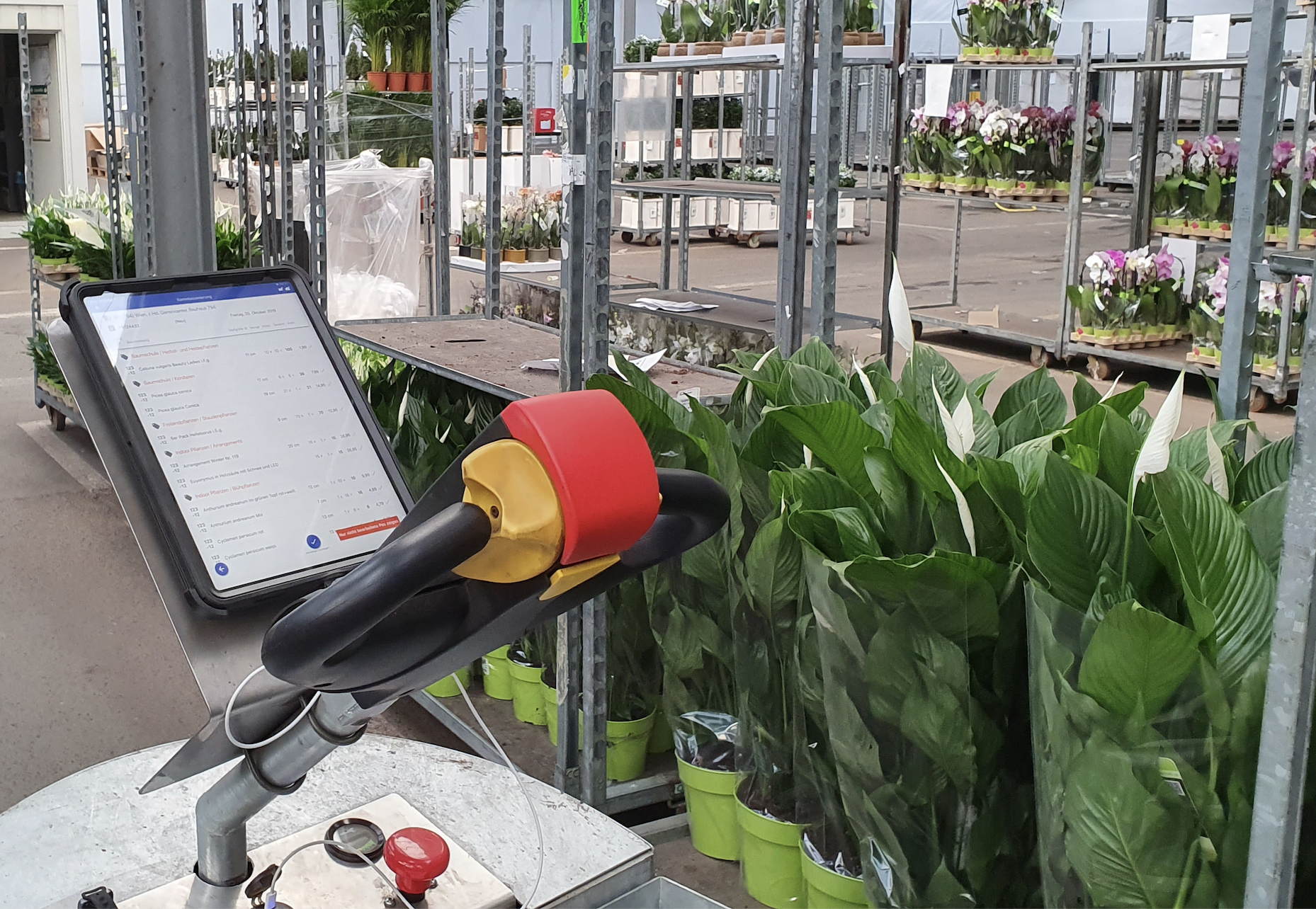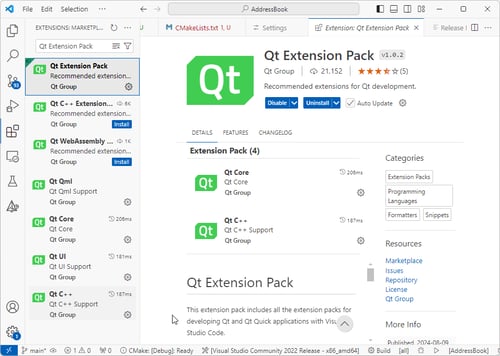How Qt Helped Him Build a Career in Cross-Platform App Development
June 24, 2025 by Amanda Schoenfeld | Comments
At Qt, we often say it's not just about building software—it's about building something that matters. And when you talk to people who’ve spent years in the craft, you realize it's also about finding the right tools, the right community, and the freedom to create. In this Qt Journey series, we highlight stories from developers, designers, and engineers around the world who have made Qt part of their professional lives.
Today, we’re sharing the story of Ekkehard Gentz—a long-time independent software developer, Qt Champion, and passionate member of the Qt community. His journey from punch cards to cross-platform mobile apps built with Qt is not only inspiring but also a great example of how Qt empowers individuals to create meaningful solutions across industries.
From One-Line Displays to Cross-Platform UIs
Ekkehard Gentz—known to many in the Qt community as simply Ekke—has been building software for nearly five decades. Based near Munich, he works independently from his home office, developing mobile business apps for clients in industries ranging from retail to energy.
His journey into programming began humbly:
“47 years ago, I read a job advertisement: ‘Programmer wanted’. That sounded interesting. I applied and was hired.”
He started with assembler and COBOL, writing software that ran on early one-line displays and punch cards. Over time, he rode each technological wave: Apple systems, new IDEs, evolving frameworks, and eventually, Qt.
Discovering Qt Through BlackBerry—and Staying for the Future
Ekke’s introduction to Qt was a practical one. A client in the waste disposal industry needed mobile software for BlackBerry devices. When BlackBerry launched its BB10 OS (built on QNX and Qt 4.8), Ekke was drawn into the Qt ecosystem.
“That was my first contact with Qt! Without any knowledge of C or C++, I used Qt to exchange data with a server, store it on the device, and implement business logic.”
When BlackBerry’s mobile ambitions faded, Qt became his go-to solution—and the foundation for a major pivot. With Qt 5 and later Qt 6, he transitioned all his apps to Android and iOS using QtQuick Controls 2 and Material Style.
“Qt allowed me to adopt parts of my BlackBerry code and gave me the ability to build apps for both platforms quickly.”
Building End-to-End Mobile Apps—Solo
As a solo developer, Ekke wears many hats. He not only codes but also works directly with clients to understand their workflows, designs UI/UX, implements business logic, and delivers production-ready apps.
“I’m enthusiastic about building apps holistically—from the customer’s idea to the final app in use.”
Thanks to Qt’s comprehensive framework, he’s able to maintain a single codebase while delivering a native feel on both Android and iOS. It’s a powerful advantage for any developer, but especially for someone working independently.

A Passion for Community and Continuous Learning
When he’s not coding, Ekke is deeply involved in the Qt developer community. He participates in Qt forums, contributes to bug reports, shares examples, and maintains a technical blog at ekkes-apps.org.
“You need to be enthusiastic about programming and willing to keep learning new things nearly every day.”
He also actively attends events like the Qt World Summit and Qt Contributor Summit—experiences that led to him being named a Qt Champion in both 2016 and 2024.
Helping Others Make the Leap to Qt 6
Migrating large-scale applications is never easy, but Ekke has done just that, moving long-standing projects from Qt 5 to Qt 6. Along the way, he published detailed checklists and porting guides to help fellow developers with common hurdles like the shift from QMake to CMake.
“It’s no trivial matter to port complex apps that have grown over 8 years. I wanted to help others avoid some of the struggles I faced.”
His contributions continue to make Qt more accessible to newcomers and more efficient for experienced developers.
Ekke’s story is more than a career timeline—it’s a testament to what’s possible when you combine technical curiosity with the right technology. For him, Qt wasn’t just a framework; it was the foundation that enabled him to build robust mobile apps, stay agile as a solo developer, and give back to a community that values openness, support, and excellence.
Whether you're starting your programming journey or looking for tools that scale with your ambition, Qt is designed to grow with you. As Ekke shows us, working with Qt means more than writing code—it means building a craft, a career, and a community.
Blog Topics:
Comments
Subscribe to our newsletter
Subscribe Newsletter
Try Qt 6.9 Now!
Download the latest release here: www.qt.io/download.
Qt 6.9 is now available, with new features and improvements for application developers and device creators.
We're Hiring
Check out all our open positions here and follow us on Instagram to see what it's like to be #QtPeople.


